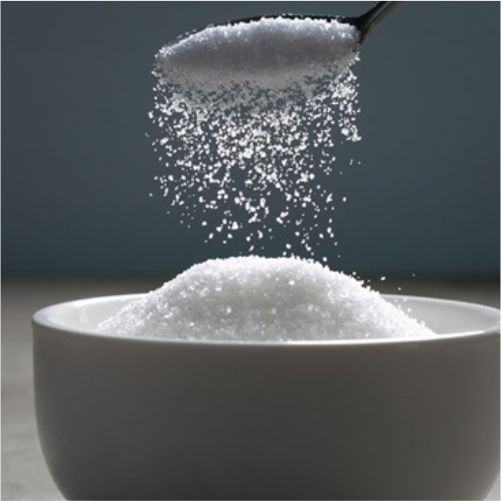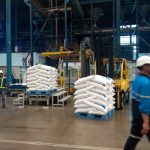In efforts to regulate the sugar market, the Tanzanian government has enacted new regulations on the production, importation, and distribution of sugar within the country.
Parliament has passed a bill to amend the Sugar Industry Act giving the mandate for the exclusive import, storage, and distribution of sugar for domestic use to the National Food Reserve Agency. Finance Minister Mwigulu Nchemba stated that the amended Sugar Act aims to prevent arbitrary shortages, hoarding, and price inflation. “This amendment will monitor price stabilization. It is the government’s responsibility to intervene during market failures,” Mr. Nchemba said.
The revised Sugar Act empowers the Sugar Board of Tanzania (SBT) with the discretion to issue import licenses only when local production falls below required level.s. Additionally, local sugar producers are mandated to declare their production costs and submit relevant information to the SBT at the beginning of each production season. Producers must also publish the names of their distributors in a widely circulated Tanzanian newspaper at the start of every season.
It further provides its provisions for the provisional licenses and registration of sugar manufacturers, small-scale sugar plant operators, and industrial consumers through the SBT.
The Tanzania Sugar Producers Association has, on the other hand, targeted that sugar production be increased to 663,000 tonnes by 2026 to satisfy domestic demand. The TSPA chairman noted that in the recent past, sugar production has badly dropped, with the number of tonnes dropping to critically low levels—from 144,000 tonnes realized in 2017 to 30,000 tonnes in 2023. Because of that, there has been an acute shortage of the same. As a way of curbing this shortage—and one hopes of finally lowering retail prices of this commodity— seven sugar factories were allowed permits to import sugar in the year 2023.
The government has been spending about $150 million to import sugar to cover the deficit, with shortages pushing retail prices from Tsh2,800 ($1.05) to Tsh4,000 ($1.50) per kilo in shops across the country.
Fulgence Massawe, Director for Advocacy and Reforms at the Legal and Human Rights Centre (LHRC), urged the government to attract more competitive sugar producers to boost production. He advocated for improved policies on land acquisition, investor-friendly immigration laws, and prompt business permit issuance for foreign investors. “Allowing the importation of sugar has a significant impact on the balance of trade and use of forex. The government should promote domestic production and investment in sugar production,” Mr. Massawe said.












